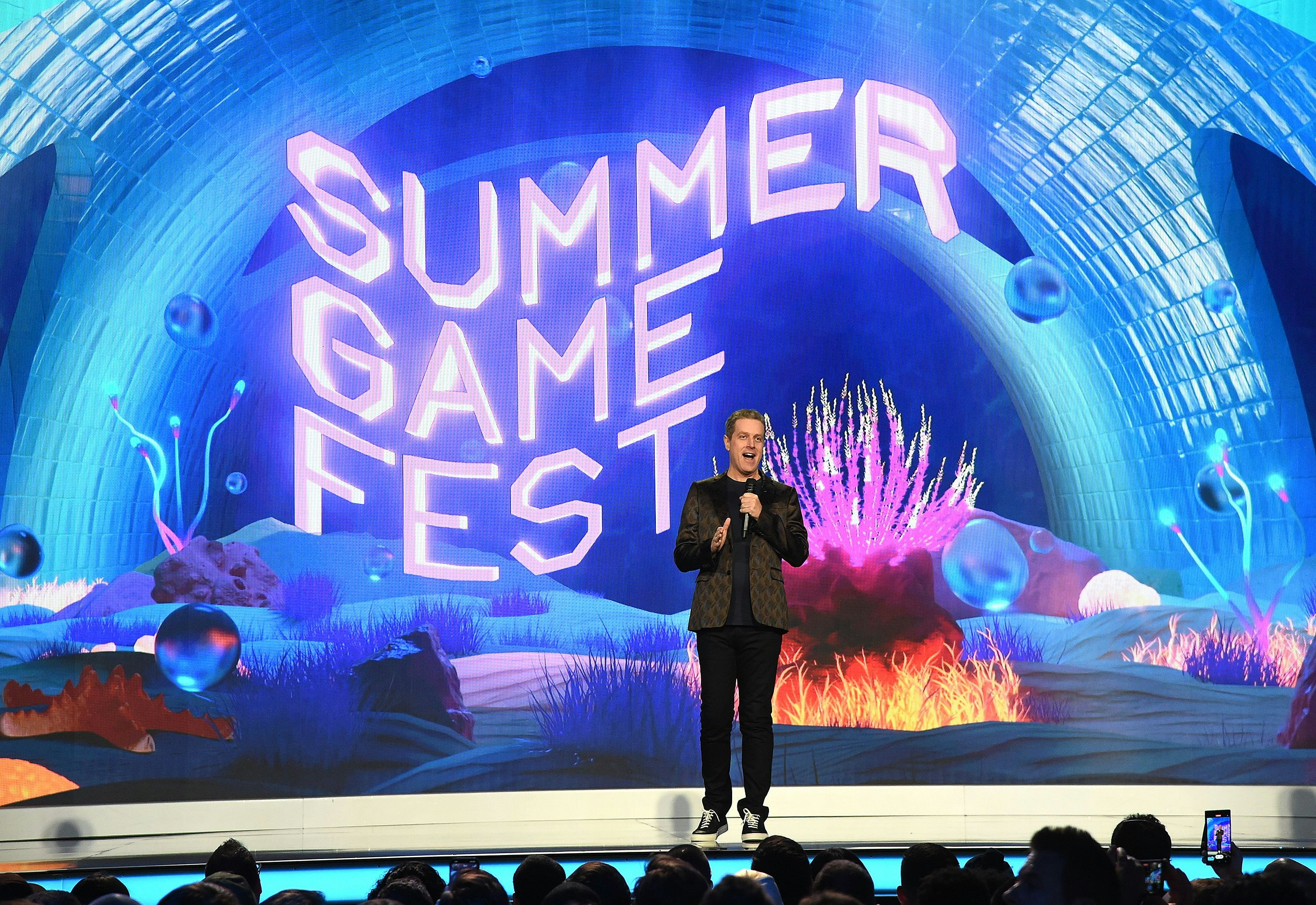
E3 is dead, again, and this time it looks like it’s gonna stick.
After several years of announcements that E3 would be canceled but definitely coming back later, the Entertainment Software Association, which runs E3, announced the show’s closure in a tweet and an interview with The Washington Post.
"After more than two decades of hosting an event that has served as a central showcase for the US and global video game industry, the Entertainment Software Association (ESA) has decided to bring E3 to a close,” Stanley Pierre-Louis, president and CEO of the ESA, told The Washington Post. "We know the entire industry, players and creators alike have a lot of passion for E3. We share that passion. We know it’s difficult to say goodbye to such a beloved event, but it’s the right thing to do given the new opportunities our industry has to reach fans and partners."
In recent years, the ESA has announced a series of major changes to E3, already faltering after publishers began skipping the show. The public was allowed in for the first time in 2017, then in 2019, a leaked document published by GameDaily.biz revealed plans to transform E3 into a truly awful-sounding “fan, media, and influencer festival” the next year.
Before the plan could come to fruition, a global shutdown forced the cancellation of the in-person event entirely. By then, former E3 Coliseum host Geoff Keighley had spun off Summer Game Fest, which was already luring away the kinds of big announcements previously reserved for E3. Nintendo, Sony, and Microsoft were also sharing game announcements at their own showcases, drawing even more attention away from E3.
Last year, after one of E3’s many “temporary” cancellations, I asked whether there was even a need for E3 given the multitude of shows that had sprouted up in its absence. But the deluge of trailers springing forth from The Game Awards, Nintendo Directs, and all the other showcases ended up fracturing viewers’ attention without really capturing what made E3 special.

As the one show all eyes were on, E3 had the potential to elevate announcements to a degree that just doesn’t happen with its dozens of replacements. E3 produced moments that remain burned into the collective memory of everyone who watched, whether those moments were exciting first-time reveals or embarrassing gaffes — which, let’s be honest, were the real reason to watch E3 every year.
The Game Awards’ 30-second acceptance speeches crammed between celebrity cameos don’t leave room for moments like PopCap co-founder John Vechey announcing Peggle 2 by excitedly leaping into the air, only to elicit a zero-decibel reaction from the crowd. No showcase in existence could repeat Konami’s infamous 2010 press conference, which was full of unbearably awkward silences, flubbed lines from presenters, and a group of masked wrestlers appearing onstage to limply slap each other around to promote Konami’s Lucha Libre AAA: Héroes del Ring.
It wasn’t all about the painful moments, though. There was also the time at E3 2019 when a fan in the audience yelled, “You’re breathtaking!” at Keanu Reeves, who promptly returned the compliment, in what was probably the least awkward E3 celebrity appearance of all time. In 2017, the creative director of Mario + Rabbids showed a more heartfelt side of E3 ever when he got visibly emotional at seeing Shigeru Miyamoto present the game onstage.
E3 is also where the world met Reggie Fils-Aimé, who would later become president of Nintendo America, when he defied the tradition of executives looking painfully uncomfortable on stage in his 2004 presentation.

For developers, it was a place to be noticed by the entire gaming audience at once, and even more important was the part of E3 that viewers never saw. It was a place where developers could meet in the hopes of putting together a team for their next game, search for a new job, or pitch their project to publishers. The current slate of showcases may be able to replicate some of the best parts of E3’s stage show if they loosen up a bit, but none of them offer anything to make up for that loss within the industry. The annual Game Developers Conference in San Francisco is likely the next best thing, though it has only a fraction of E3’s attendees.
Even still, there are caveats. E3 was an incredibly expensive place to exhibit, even before you consider the cost of just getting to Los Angeles. While, for some, it was a chance to appear on the biggest stage possible, for others, it was a sign that the games industry can be an unwelcoming place for anyone who isn’t already swimming in money and connections.
It’s only natural to miss the positive parts of what E3 represented (and the unintentionally hilarious ones). The task for the games industry now is how to fill in the gaps it leaves behind, to build a new show that can take its place without repeating the gatekeeping and expense that also make it unattainable for so many. It’s not likely that any event will be able to replicate exactly what made E3 special, but maybe it can serve as a model for a replacement that captures the same magic without making the same mistakes.







